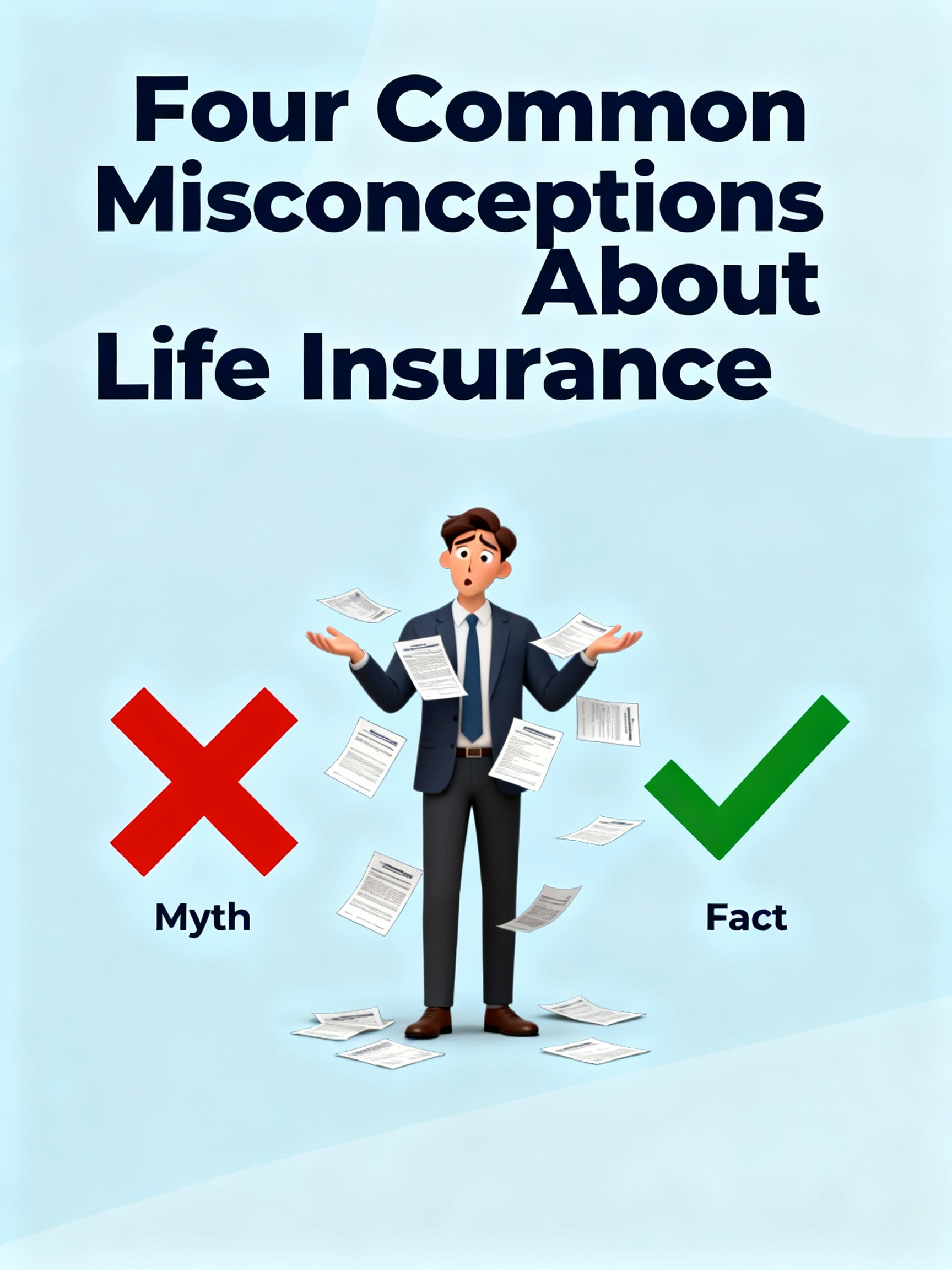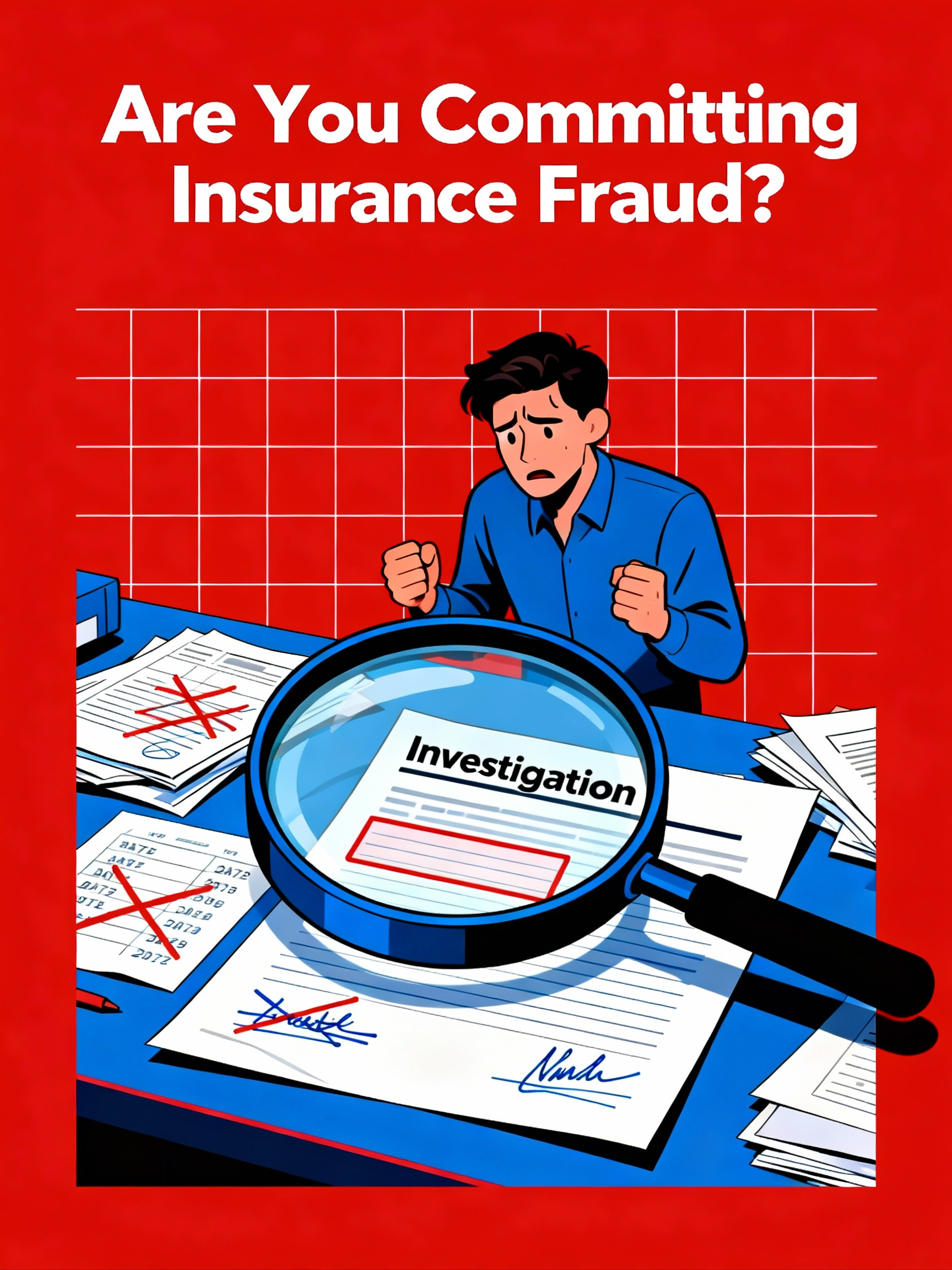Fairness and Reality in California’s Insurance Crisis
Published Date: 07/25/2024
California’s insurance market is in the middle of one of the most consequential shifts in decades. Insurers are leaving. Homeowners are panicking. Regulators are scrambling to restore balance between what’s fair for consumers and what’s sustainable for companies.
In this latest Insurance Hour conversation, Karl Susman sat down again with Assemblyman Tom Lackey, one of the few lawmakers in Sacramento willing to speak candidly about what fairness really means in this crisis — and why both the public and policymakers need to confront uncomfortable truths about cost, competition, and risk.
Their discussion peeled back the politics and exposed the hard math behind California’s insurance predicament — one where everyone wants relief, but few are willing to accept the reality of what it will take to achieve it.
The Fairness Dilemma: Whose “Fair” Are We Talking About?
As Susman put it early in the conversation, “What’s fair to one person might not be fair to another.”
It’s a deceptively simple statement that goes to the heart of California’s insurance crisis. For consumers, “fair” often means affordable coverage and stable premiums. For insurers, it means the ability to operate profitably in one of the world’s most disaster-prone regions.
Lackey captured that tension clearly:
“In order for us to have what we deserve to have here, it’s got to make sense. It’s got to pencil out. The reason companies have left isn’t that they don’t want to make money — it’s that they don’t think they can survive.”
That distinction — between unwillingness and inability — matters. Insurers aren’t leaving California out of spite; they’re leaving because, under current regulations and risks, many simply can’t make the numbers work.
“You can’t really blame someone for leaving when they feel like they can’t be successful,” Lackey said. “We’re dealing with realistic circumstances.”
When companies exit the market, competition decreases — and prices rise. It’s basic economics, even if the politics of “fairness” often obscure that truth.
Mischaracterizing the Problem
Lackey expressed deep frustration with misinformation and political posturing around the crisis.
“When people mischaracterize the problem and aren’t forthright about what we’re facing, it pacifies one group versus another — and makes it look like everything’s going to be okay,” he warned.
The result is a dangerous kind of complacency. For years, California has delayed tough reforms in hopes the system would correct itself. It hasn’t.
“It’s a habit-forming circumstance,” Lackey said. “We procrastinate until we can procrastinate no more. And I think we’re right there.”
Susman agreed, noting that while California’s system was built with consumer protection in mind, it is now trapped between ideals and economic reality.
“Adequate but Not Excessive”: When Idealism Meets Economics
At the heart of California’s insurance law is a key phrase: premiums must be adequate but not excessive.
“Isn’t that a beautiful phrase?” Susman joked. “It’s very political. It’s very California. But under our current guidelines, it’s becoming clear that those two things aren’t possible at the same time.”
That tension — between adequacy and excess — defines today’s crisis.
Lackey didn’t dispute the principle, but he questioned whether the current framework can truly deliver it.
“We first have to be honest about the problem,” he said. “When words become distractions, that’s part of the problem. We need to roll up our sleeves and get to work.”
He emphasized that both sides — insurers and consumers — will have to bear some discomfort.
“There’s going to have to be some risk taken here, and some increased costs. Both sides are going to suffer. It’s time to face that.”
Profit Isn’t the Enemy
One of the most candid moments of the interview came when Lackey defended the concept of profit — something often vilified in California’s political climate.
“Profit is not evil,” he said firmly. “Profit is the only way people stay afloat. That degree of honesty doesn’t exist right now, and we’ve got to get to that point.”
Susman echoed the sentiment, reminding listeners that insurance companies, like any other business, exist to sell a product and make money.
“Toyota makes cars so they can sell them and make money,” he said. “Insurance companies create products and sell them so they can make money. The fact that they’re leaving California tells you one thing: they’re not able to do it successfully.”
In other words, the market isn’t failing because companies are greedy — it’s failing because they’re unprofitable. Without profit, they can’t pay claims, invest in the state, or remain solvent.
Fear, Hesitation, and Political Paralysis
Susman asked what the atmosphere was like inside the Capitol — what lawmakers were really saying behind closed doors.
“Hesitancy,” Lackey said. “No one really knows which way to lean. There’s trust at stake, and they don’t want to be mistrusted. But their phones are ringing off the hook. People want solutions — and they want them now.”
That hesitancy, he admitted, comes from competing pressures: vocal consumer groups demanding affordability, and a struggling industry warning of collapse.
“Constituents are being very loud,” he said. “All they want is to afford and have coverage. That’s not unreasonable. But how we get there — that’s where it gets tricky.”
Still, he stressed that inaction is not an option.
“The longer we wait, the worse it’s going to get,” he said. “We’re already at the point where delay is dangerous.”
The Cost of “Reasonable”
Susman pushed the conversation further: What happens if California successfully reforms its regulations, competition returns, insurers begin writing again — and prices still go up?
Lackey didn’t hesitate.
“People won’t be happy,” he said. “But there’s going to have to be some discomfort. We have to be willing to endure that to arrive at a real solution. Otherwise, it just gets less manageable. It will worsen.”
That may be the hardest truth for Californians to accept: even if reforms succeed, premiums are likely to rise, because the underlying risks — wildfire, flood, inflation — have risen.
“It’s not going to make anybody happy,” Lackey said. “But it’s got to be sustainable.”
The FAIR Plan: A System Under Strain
No discussion of California’s insurance crisis is complete without the California FAIR Plan, originally designed as an insurer of last resort for high-risk properties.
Today, however, the FAIR Plan has become a major player — not by design, but by default.
“Almost half of what the FAIR Plan is writing now is in the middle of cities,” Susman noted. “It’s not wildfire zones — it’s just where there’s no other place to go. And people are paying more for less coverage.”
That’s a clear sign the broader market has broken down.
Lackey agreed, calling it an “unsustainable situation.”
“People are paying more for less, and that’s not real,” he said. “It’s just being written because there’s nowhere else to go.”
The question then becomes whether those same homeowners would be willing to pay similar amounts for standard homeowners coverage — if regulations allowed insurers to return and price for risk.
“It depends,” Lackey said. “There’s no one-size-fits-all approach. Risk is very real, and it varies from one place to another.”
Risk Is Personal — and Increasingly Inevitable
For Lackey, risk isn’t an abstract concept — it’s personal.
“I live in a rural area,” he said. “Not in a forest, but in the desert. I’ve had to evacuate my home twice. Risk is real.”
That experience gives him a grounded view in a debate often dominated by rhetoric. Many Californians living in high-risk areas — wildfire, flood, or otherwise — underestimate their exposure.
“A lot of people who live in high-risk areas give it very little thought,” Lackey said. “But the industry is built around risk — that’s how it works. We can’t ignore that reality.”
His point underscores a broader truth: fairness and affordability are meaningless if the system itself collapses under unsustainable losses.
Facing the Uncomfortable Truth
By the end of the conversation, both Susman and Lackey agreed that California’s path forward requires courage — from lawmakers, regulators, insurers, and consumers alike.
“We’ve got to start being honest with each other,” Lackey said. “It’s not going to be comfortable. It’s not going to make everyone happy. But it’s got to happen.”
That honesty, he added, must include an acknowledgment that profit and sustainability are not opposites of fairness — they’re prerequisites for it.
Without viable insurance companies, there’s no coverage to regulate, no competition to drive rates down, and no protection for consumers.
“If we keep avoiding the hard decisions,” Lackey warned, “we’re going to reach a point where we can’t manage it anymore. And that’s where we’re headed.”
The Takeaway: Real Fairness Means Facing Reality
Fairness, as Lackey and Susman made clear, isn’t about promising everyone the same outcome — it’s about creating a system that works for everyone in the long run.
That means:
- Recognizing that risk has a cost, and that cost must be reflected in premiums.
- Allowing insurers to operate profitably while maintaining oversight to prevent abuse.
- Encouraging consumers to invest in mitigation — defensible space, fire-hardened roofs, and other risk-reducing measures.
- And most importantly, having the political courage to enact reforms that may be unpopular but necessary.
California’s insurance crisis didn’t appear overnight — and it won’t disappear through rhetoric. As Lackey reminded listeners:
“We’re at the point where procrastination isn’t an option anymore. We have to act — honestly, responsibly, and soon.”
Author






